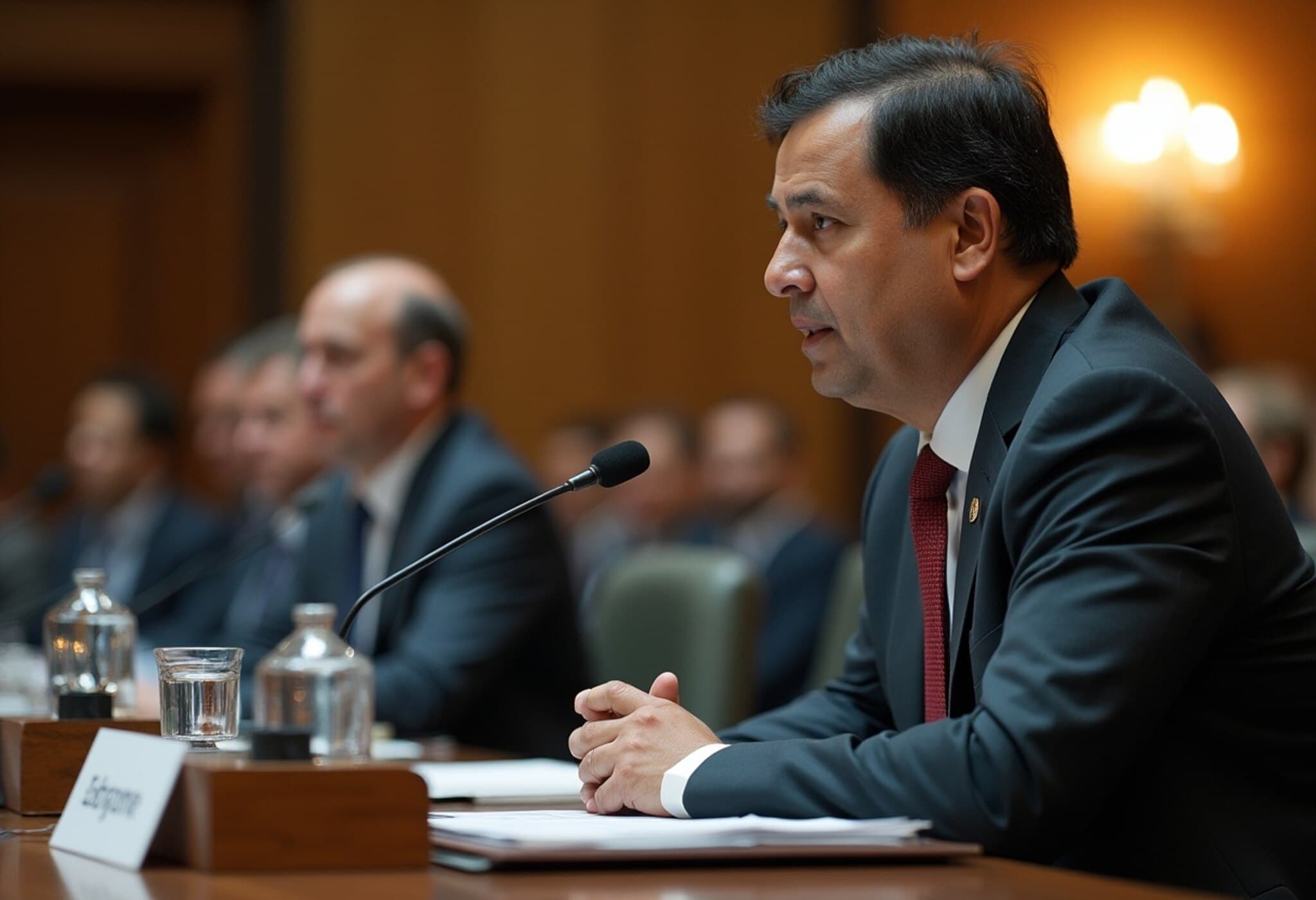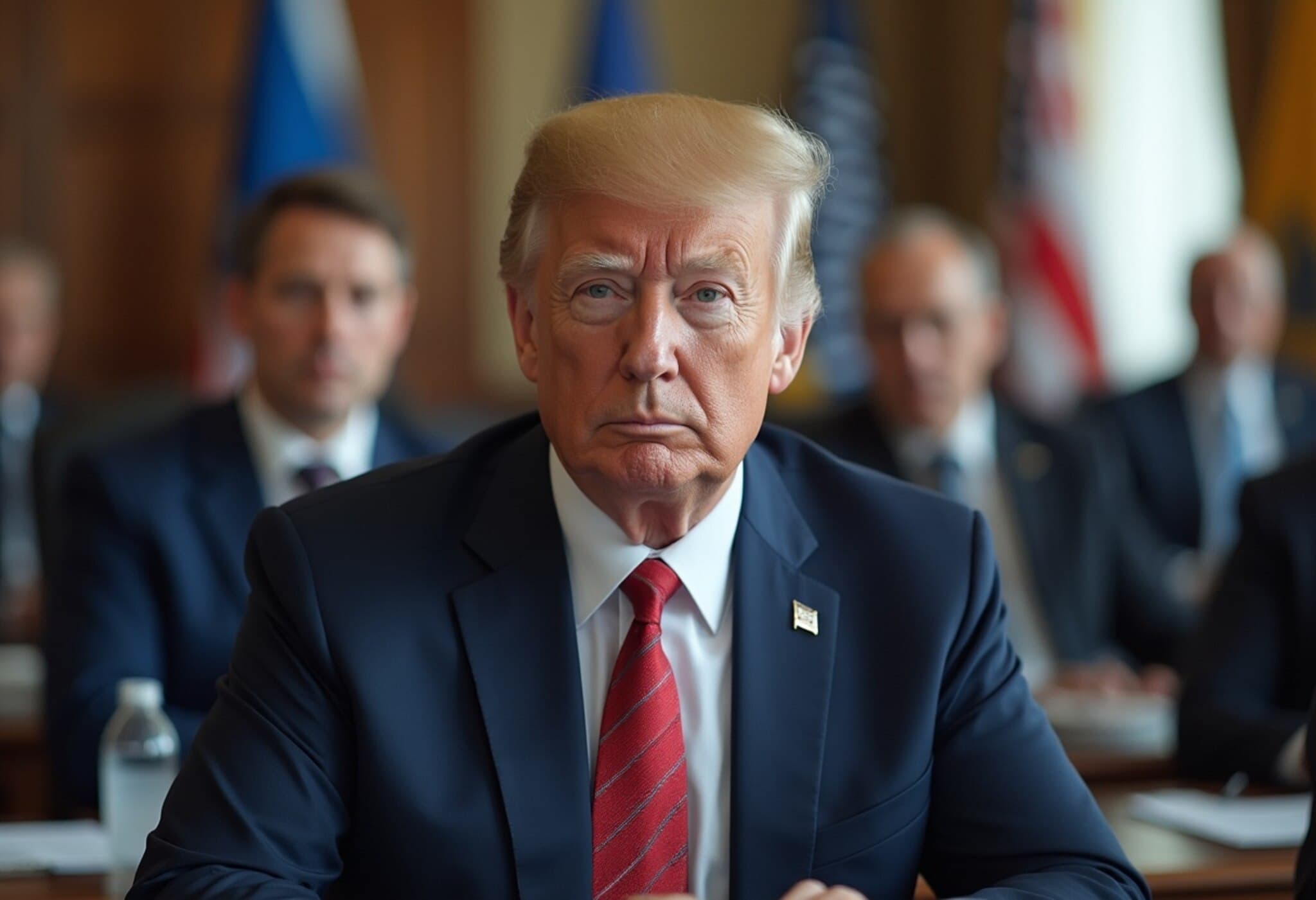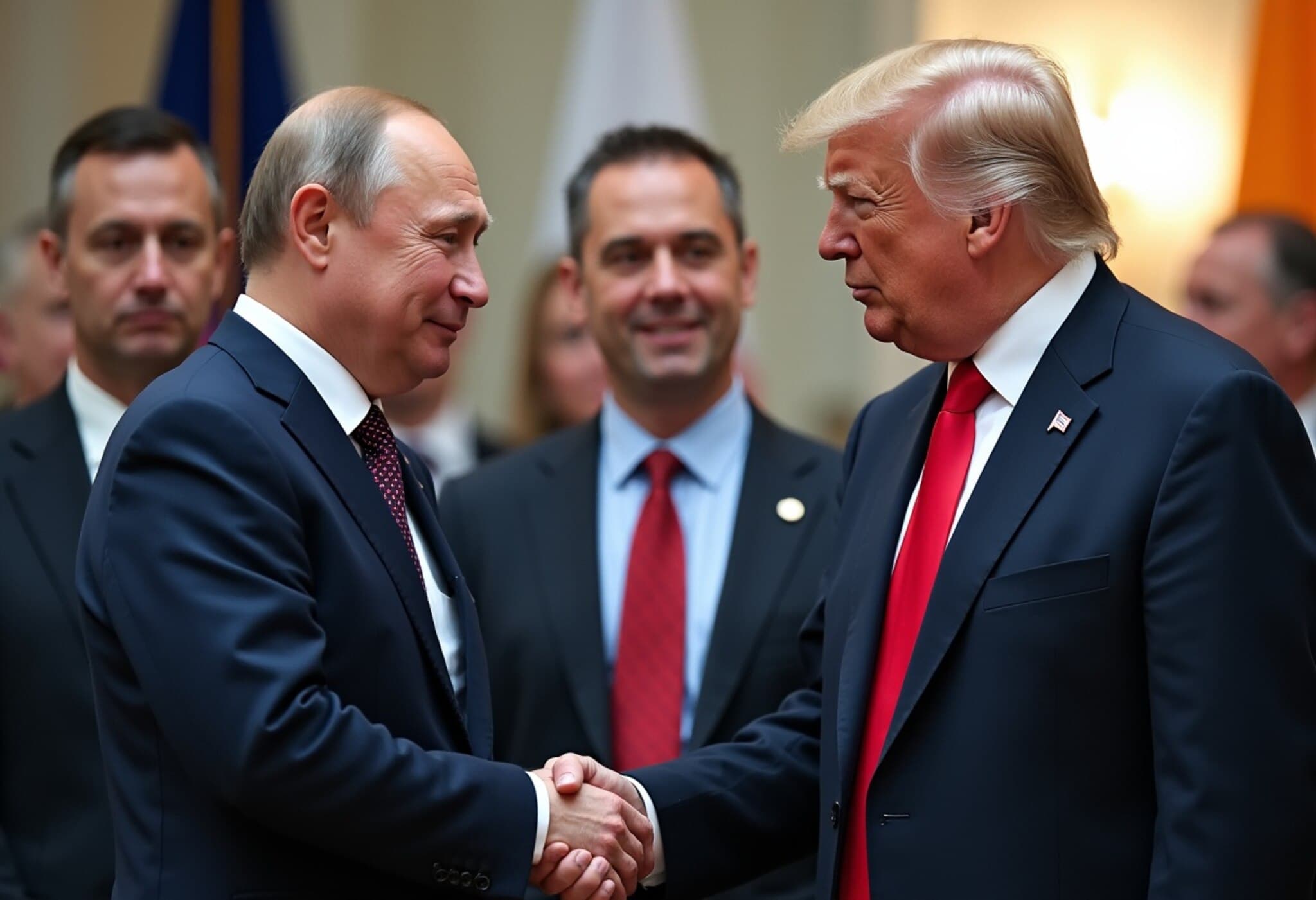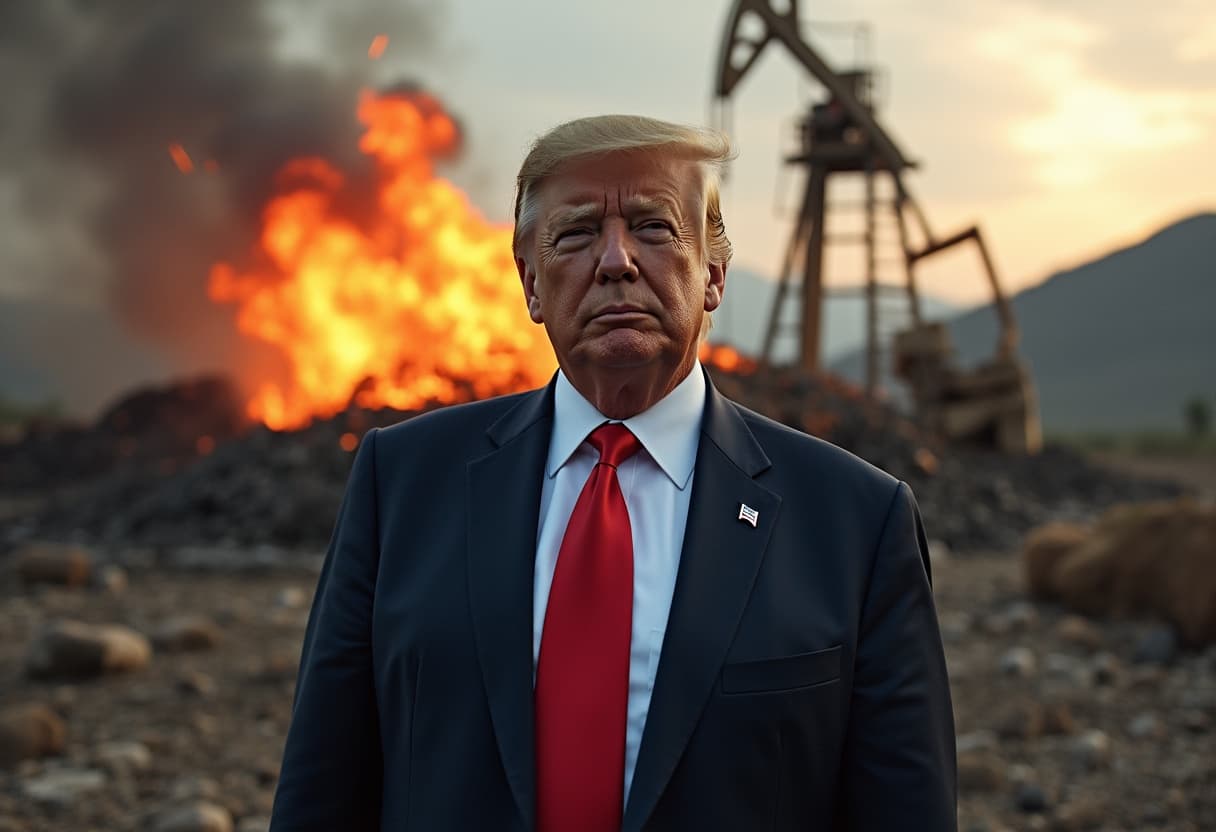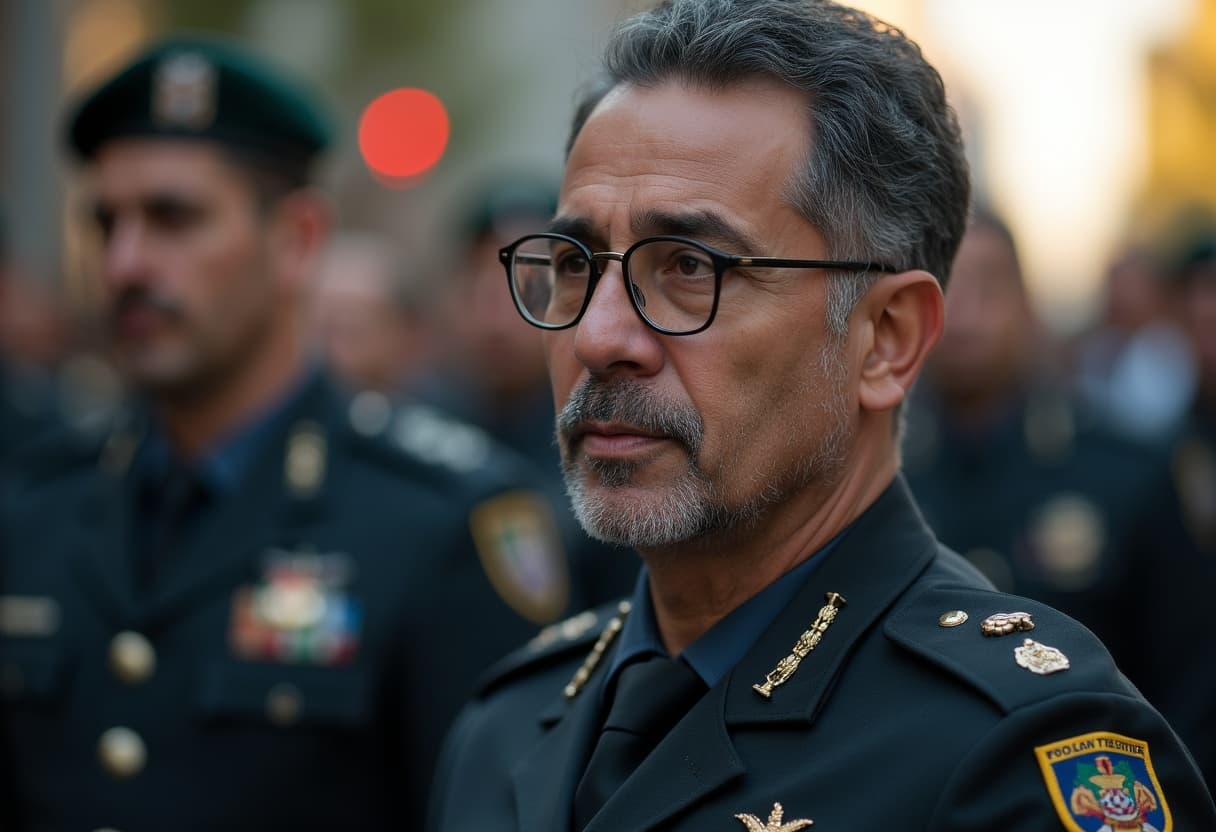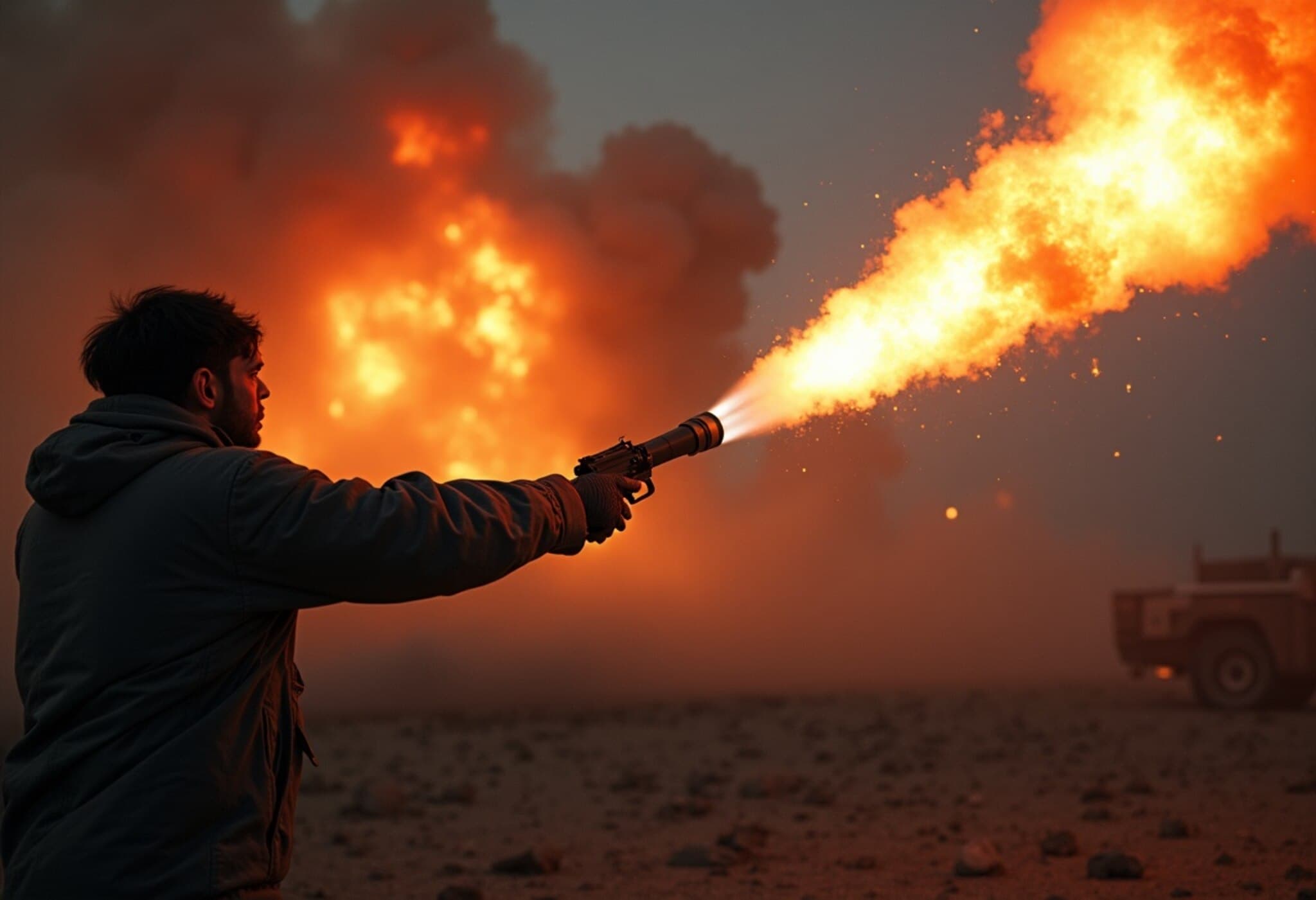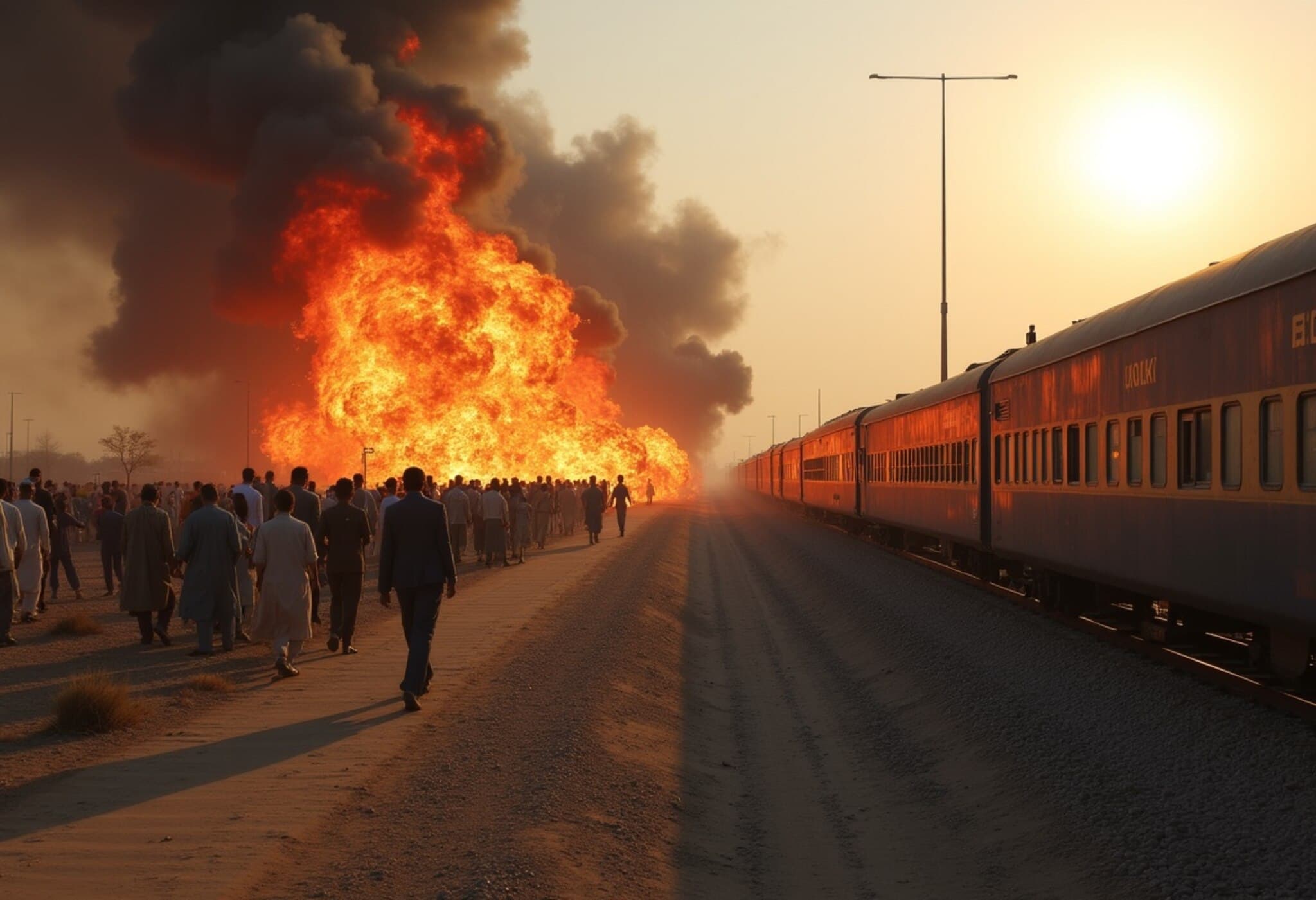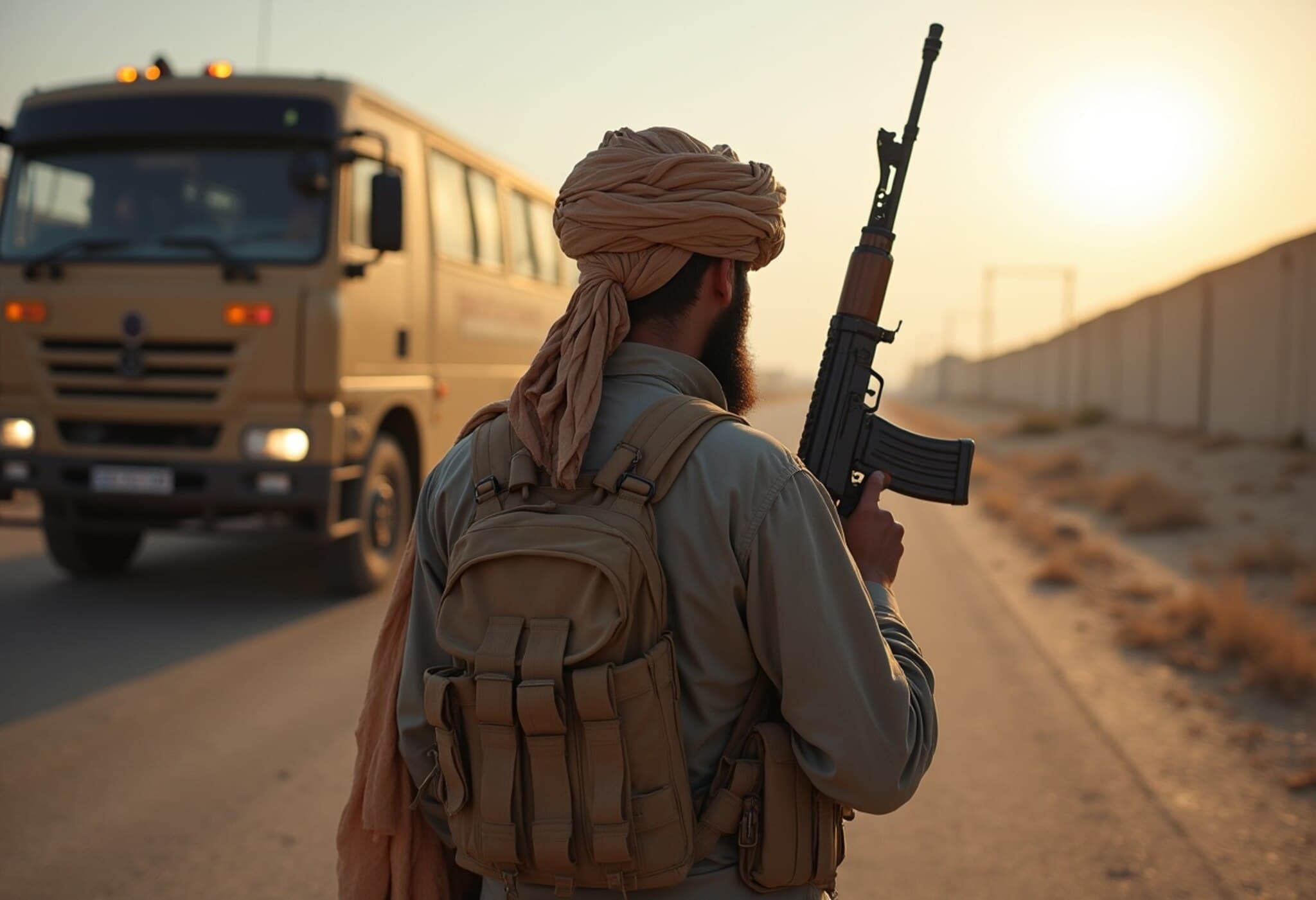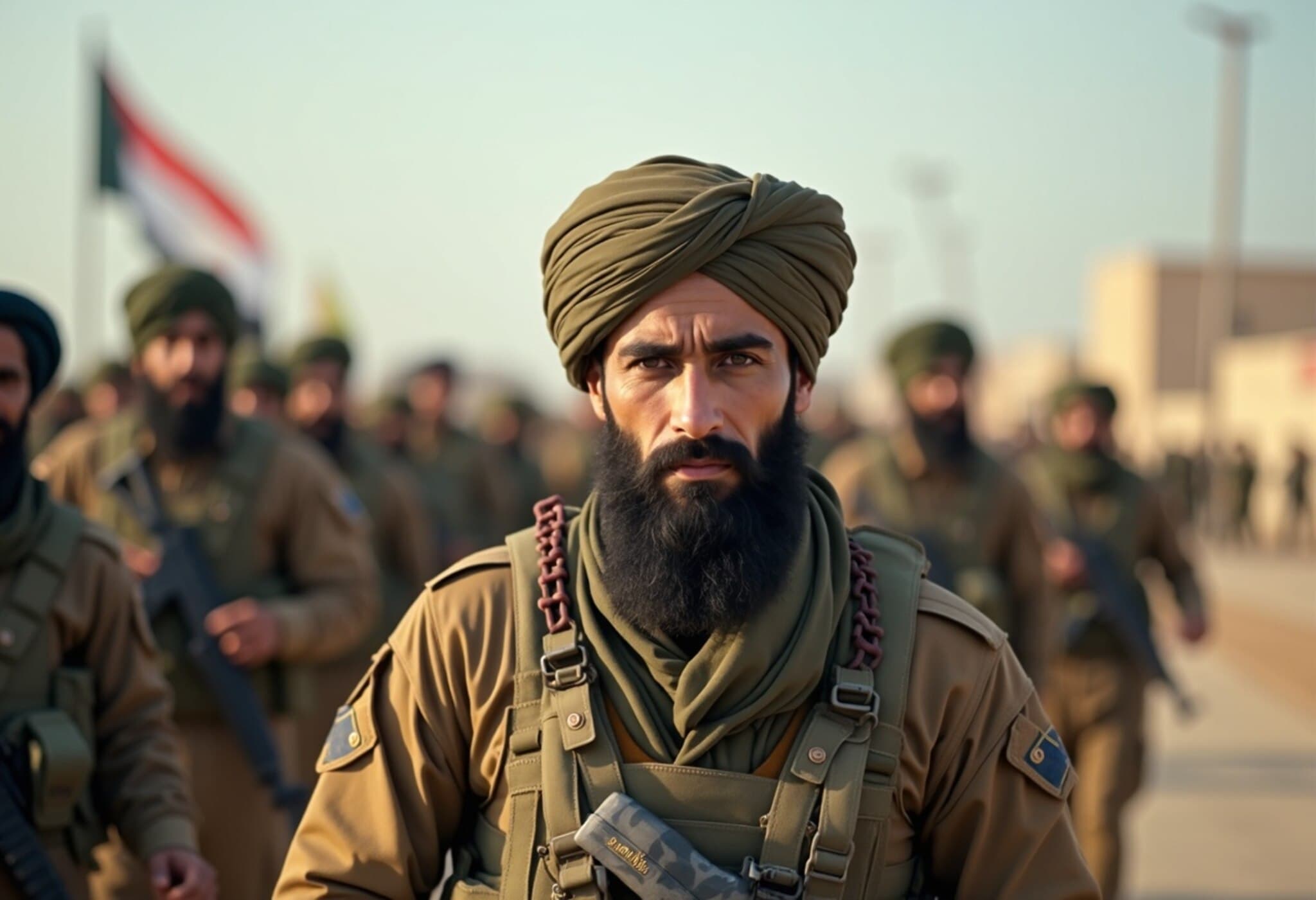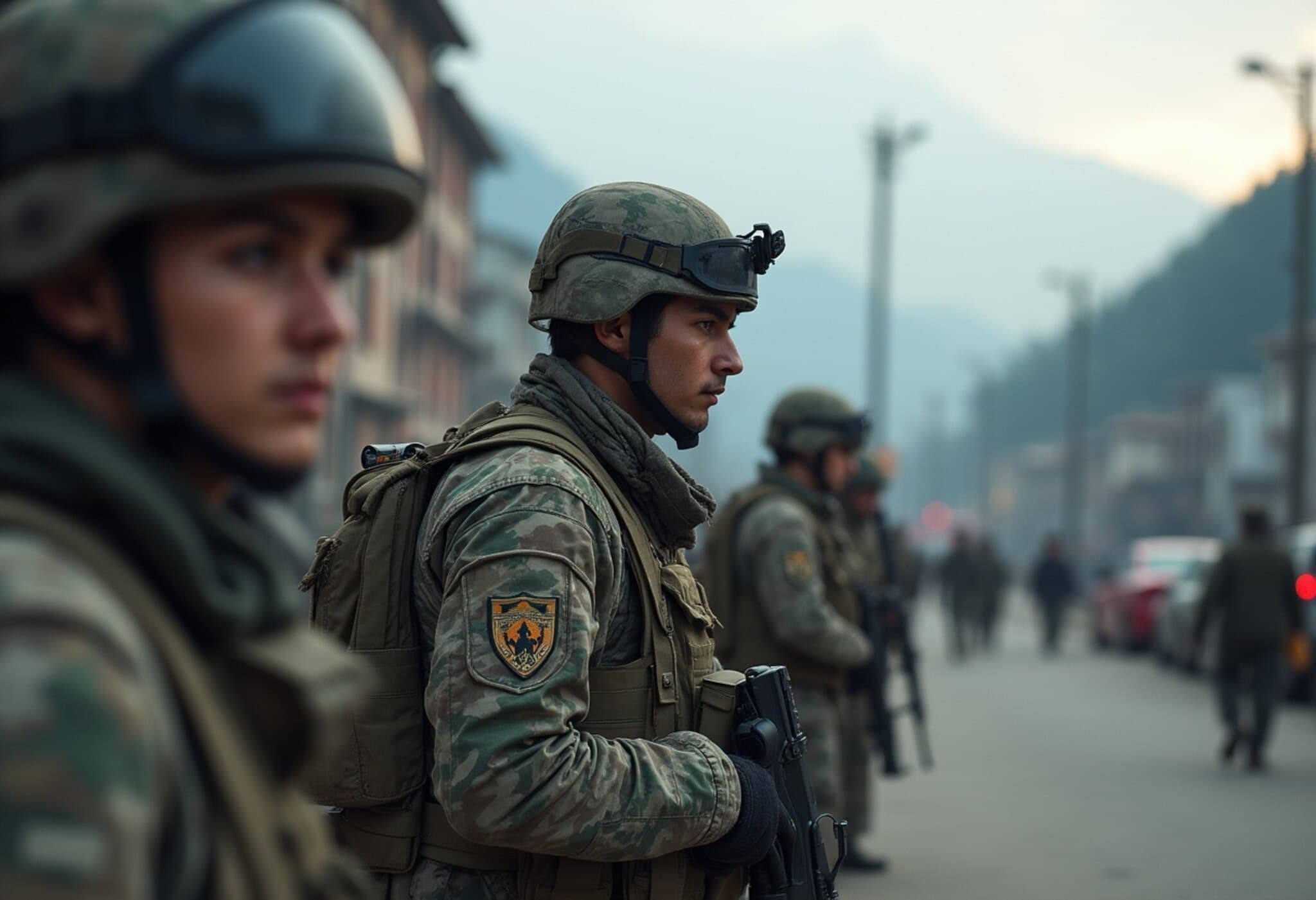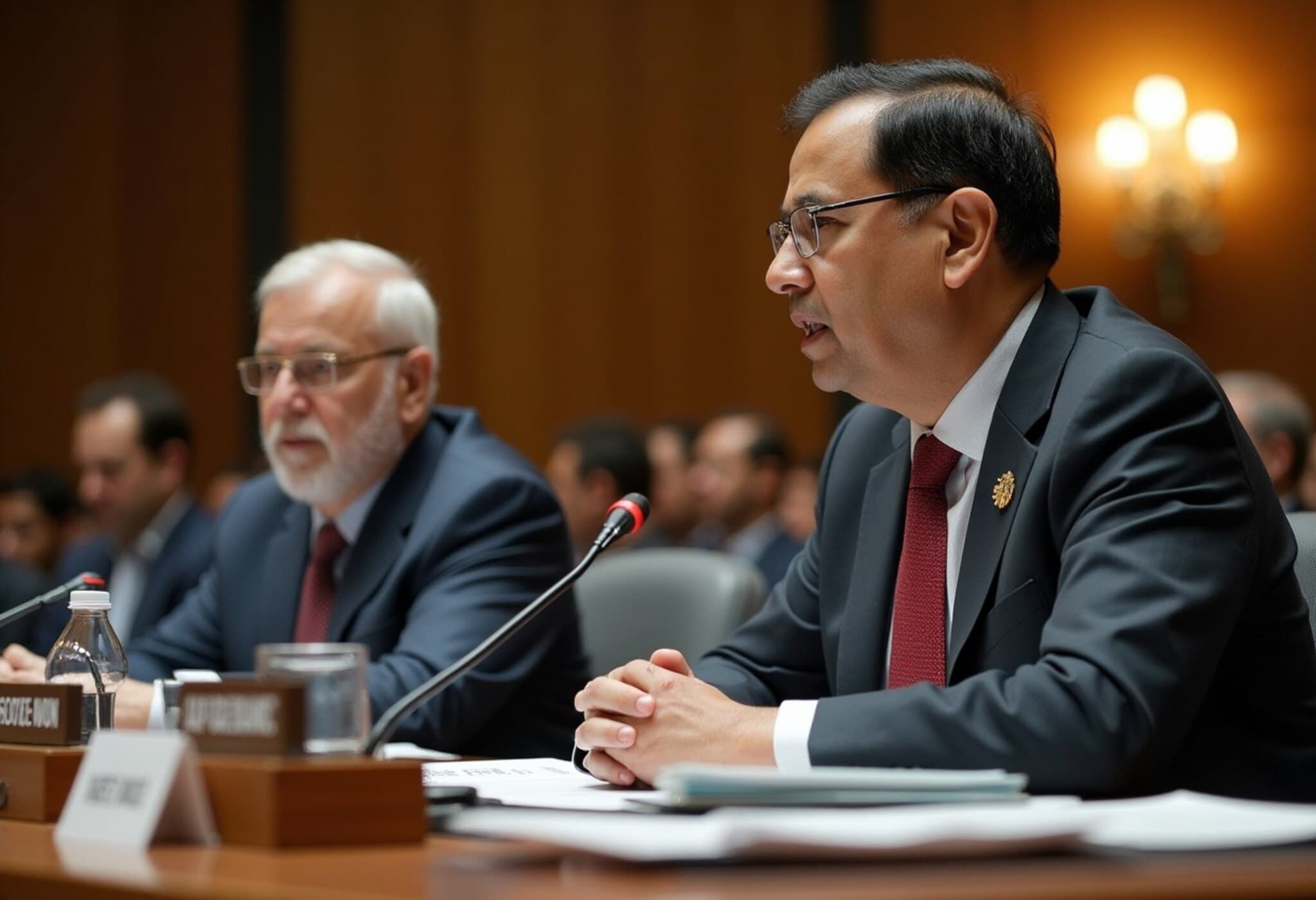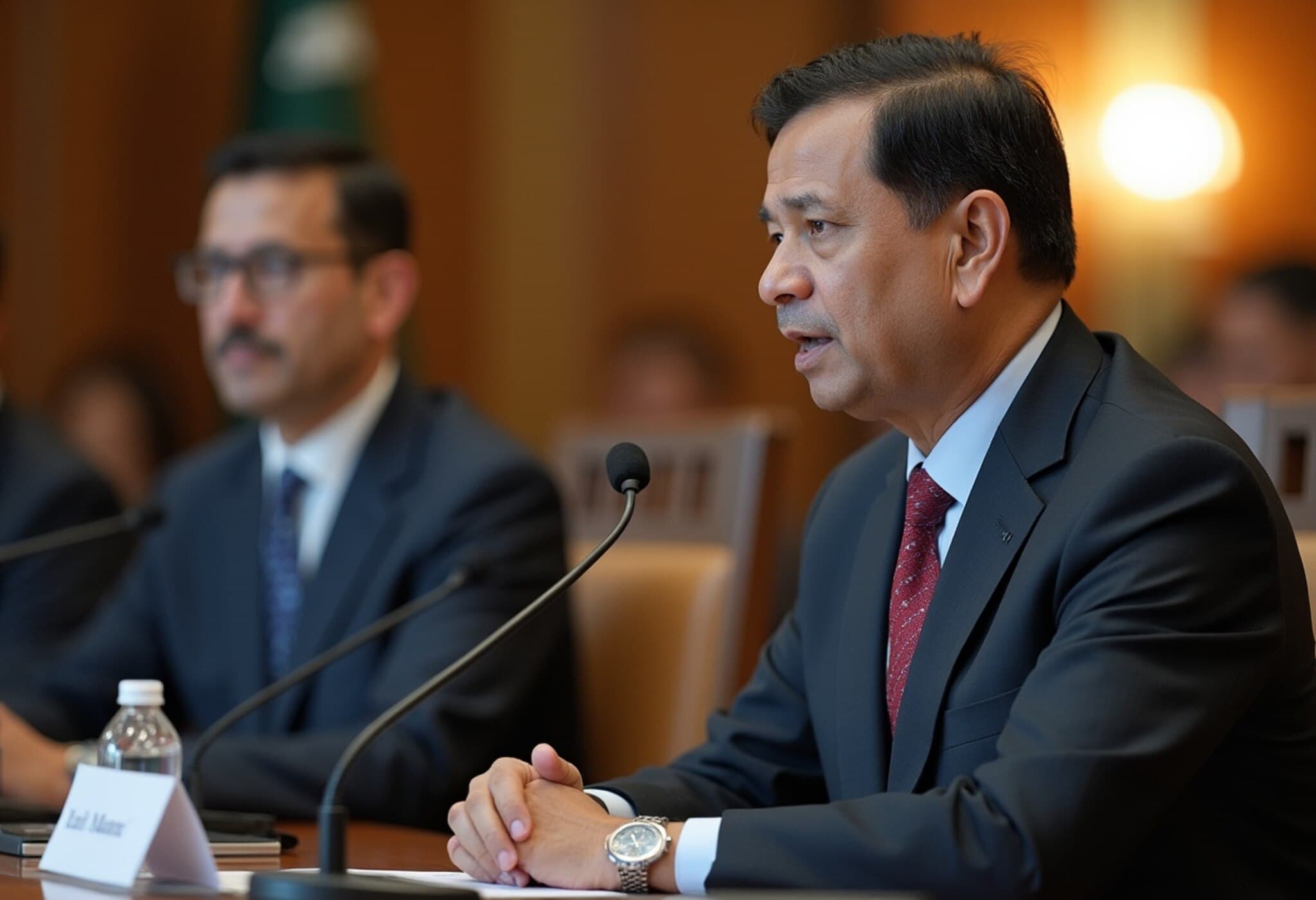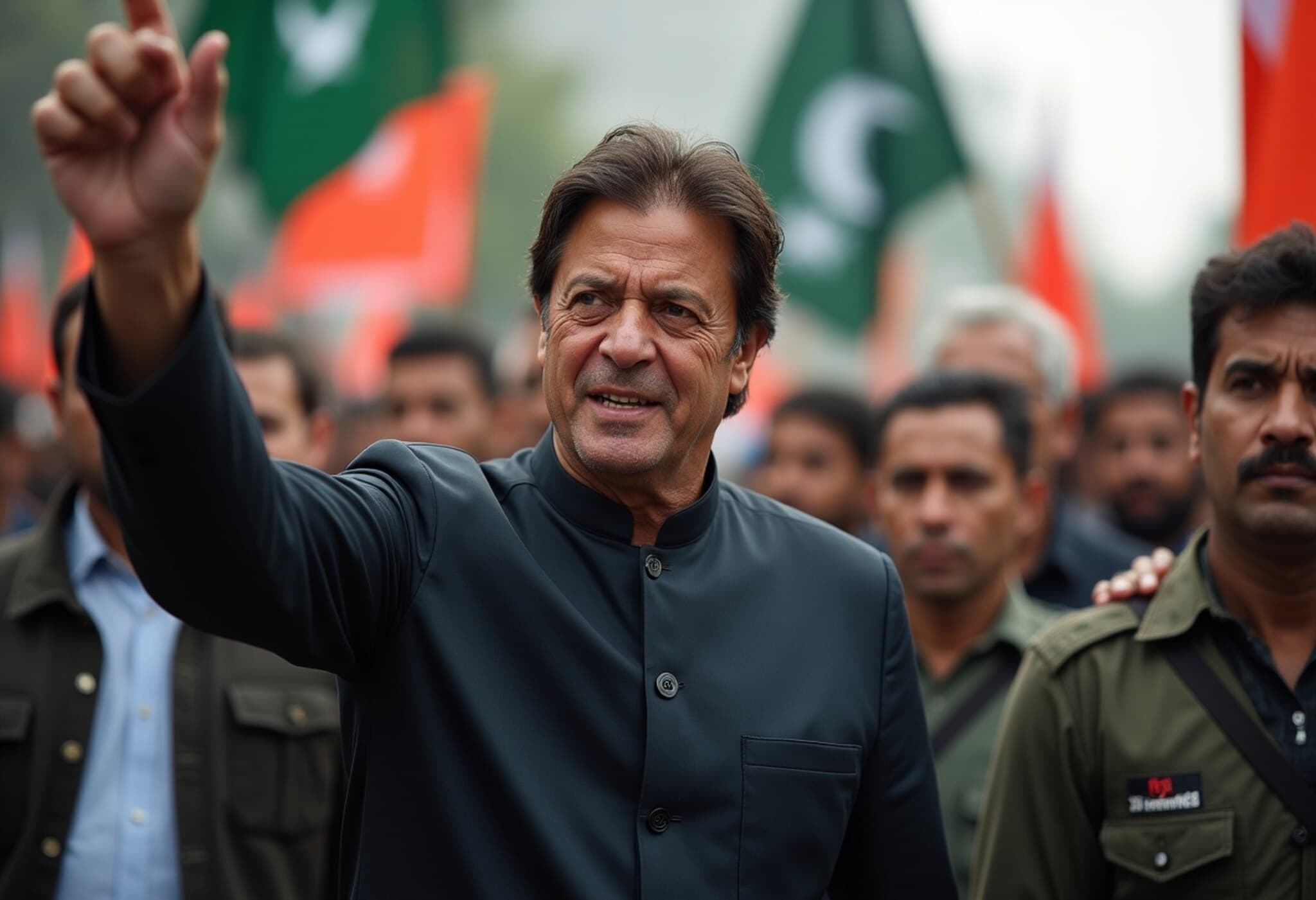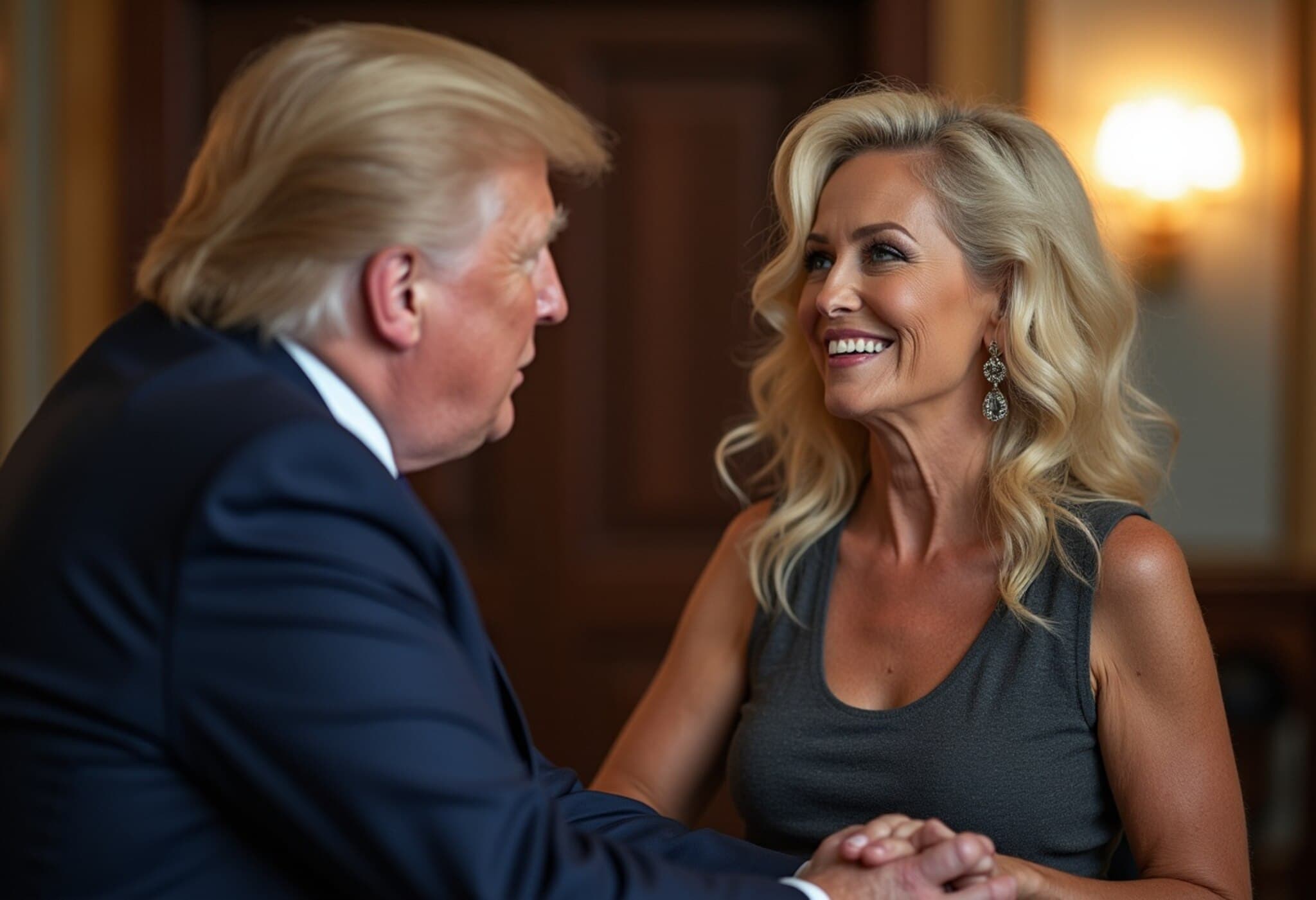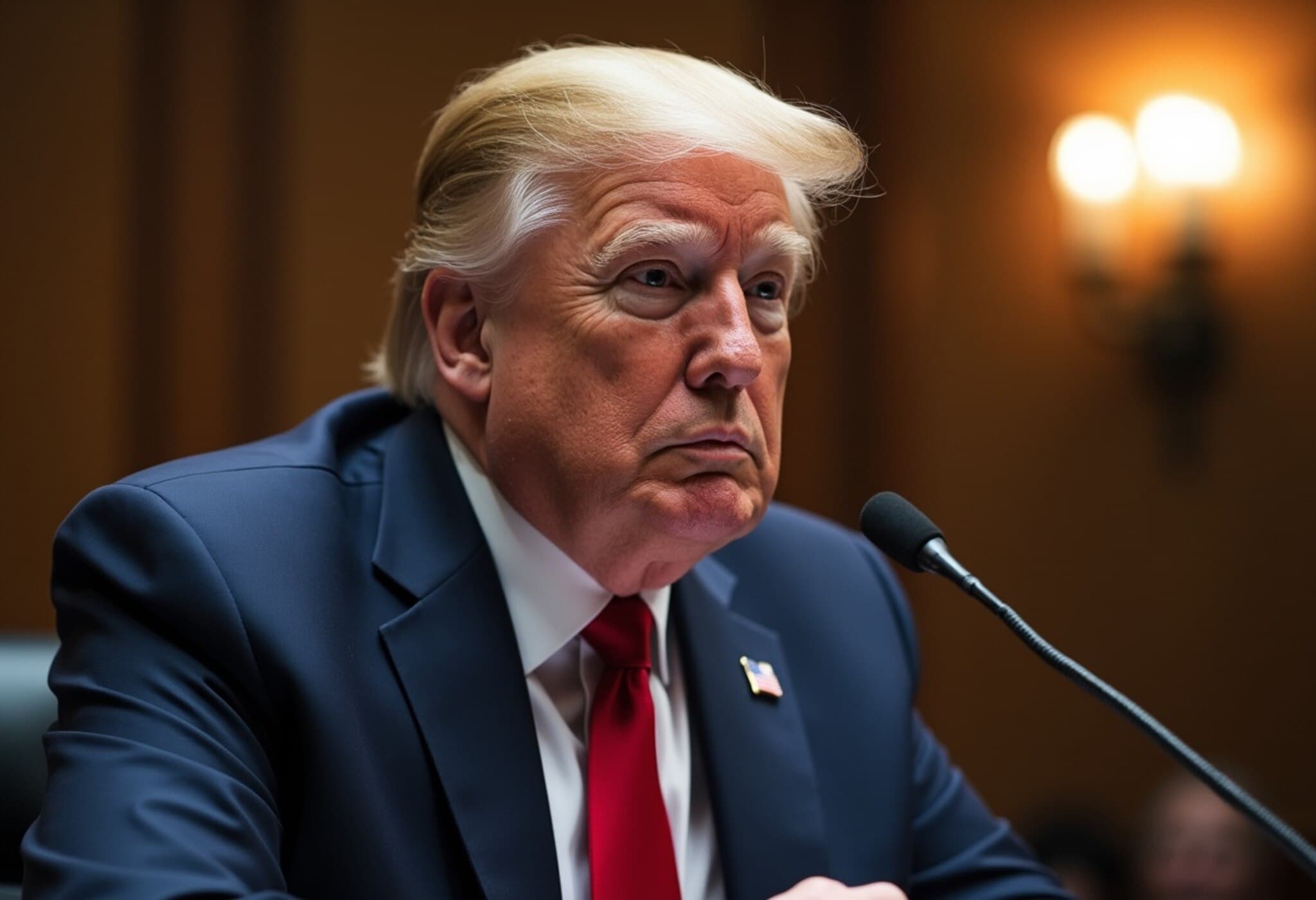Pakistan’s Strategic Use of UNSC Presidency to Highlight Kashmir Issue
As Pakistan’s month-long presidency at the United Nations Security Council (UNSC) draws to a close, Islamabad is gearing up for an open debate aimed at addressing unresolved global conflicts. While the session is framed around broad themes of conflict resolution, Pakistan’s underlying objective is clear: to bring the Kashmir dispute back onto the international diplomatic agenda, albeit indirectly.
A Delicate Diplomatic Dance
Scheduled for July 22, the debate will be chaired by Pakistan's Deputy Prime Minister and Foreign Minister, Ishaq Dar, with an anticipated briefing from UN Secretary-General António Guterres. Islamabad is expected to propose a resolution urging all nations to commit to peaceful dispute settlements using mechanisms outlined under Chapter VI of the UN Charter. This includes mediation, arbitration, and other non-coercive methods to resolve conflicts.
However, Pakistan is deliberately avoiding any direct mention of Jammu and Kashmir in the proposed resolution. Experts note that the risk of a veto by any of the five permanent UNSC members—particularly India and its close allies—is a major factor shaping this cautious approach.
Understanding the UNSC Dynamics
For a resolution at the UNSC to pass, it must secure at least nine affirmative votes without vetoes from permanent members China, France, Russia, the United Kingdom, or the United States. Historically, Kashmir has been regarded by most of these powers (aside from China) as a bilateral issue between India and Pakistan, limiting international intervention.
Syed Akbaruddin, former Indian Ambassador to the UN, observes, "Pakistan’s resolution will be broadly conceptual, emphasizing general principles of peaceful dispute resolution rather than addressing specific contested issues like Kashmir to avoid roadblocks." This strategic retreat highlights the complex balance between upholding international peace and respecting national sovereignty.
Framing Kashmir in the Broader Geopolitical Context
Pakistan’s attempts to reinsert Kashmir into global discourse come amid continued tensions following recent incidents such as the Pahalgam terrorist attack. Earlier, Pakistan had initiated closed-door talks in the UNSC to discuss Indo-Pak relations, but with limited success.
Additionally, Pakistan plans to use its presidency to foster stronger ties between the UN and the Organisation of Islamic Cooperation (OIC), a bloc of 57 nations that has frequently supported Pakistan’s stance on Kashmir.
U.S. and Regional Implications
From an American policy perspective, this diplomatic maneuvering at the UNSC is a test of multilateralism in conflict resolution and the limits of international intervention in long-standing territorial disputes. The U.S. traditionally urges peaceful dialogue without taking sides, wary of exacerbating regional tensions between two nuclear-armed neighbors.
Economically, ongoing instability in South Asia remains a barrier to greater regional integration and development, underscoring the need for constructive diplomatic engagement beyond symbolic resolutions.
Key Questions Moving Forward
- Will Pakistan’s effort at the UNSC presidency translate into tangible progress on Kashmir, or will it fall into symbolic diplomacy?
- How will other UNSC permanent members balance their geopolitical interests with the principle of respect for sovereignty?
- Can multilateral forums like the UNSC and OIC combined exert meaningful pressure to de-escalate Indo-Pak tensions?
Editor’s Note
Pakistan’s final days at the helm of the UNSC highlight the intricate interplay between global diplomacy and entrenched regional conflicts. While Islamabad’s approach reflects a pragmatic awareness of UNSC dynamics, it also underscores the challenge faced by international institutions in resolving disputes deeply rooted in history and national identity. As readers, it’s crucial to watch beyond headlines and interrogate the effectiveness of diplomatic efforts that often walk a fine line between symbolism and substantive change.

